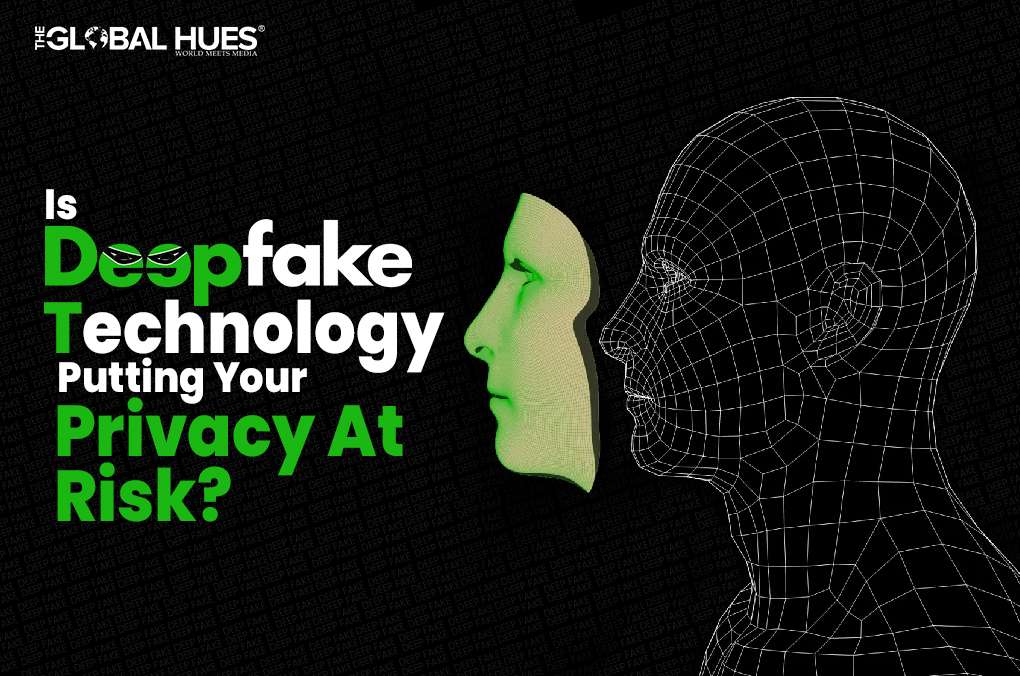The rise of deepfakes is alarming. A lot of actresses like Rashmika Mandanna, Katrina Kaif, Priyanka Chopra and Kajol fell prey to deepfakes recently. Even Prime Minister Narendra Modi hasn’t been spared, with a manipulated video of him doing Garba. The increase in deceptive content stems from the rapid evolution of deepfake technology, a form of artificial intelligence that uses fake pictures, videos, voices, and text to make things that look real but aren’t.
Initially confined to the film industry for making special effects, it is now used to fool people, steal identities and even trick for money. Imagine someone making fake videos of you and posting them online—it’s scary! Not surprisingly, there are many potential downsides to this technology.
Misinformation and Truth Distortion
Deepfake technology presents a potential threat to the very fabric of truth because of its capability to create videos or audio. It portrays people engaging in activities or uttering words which they never did.
Instances such as Shahrukh Khan’s fake video in the game “Aviator.” Virat Kohli’s appearance in a betting game promo and Ratan Tata’s false investment advice on Instagram highlight the widespread impact of deepfake manipulation on distorting reality.
Growing Privacy Concerns
The Internet is a place where everyone likes to share their special moments. Celebrities share news about their latest projects, music videos, reels, and teasers. But the rise of deepfake technology has cast a shadow on this freedom.
There have been instances of morphed pictures of actresses circulating on the internet. These videos raise privacy concerns because anyone can make doctored videos very quickly.
Also Read: Is That Really Your Friend Calling? Beware Of Deepfake Scams
CyberSecurity Risks

Deepfake technology holds the potential to construct entirely new identities and steal the identities of real people. Attackers can easily forge documents or imitate a victim’s voice. This manipulation enables them to fraudulently create accounts or make purchases, pretending to be that person.
Risks of Online Harassment
Deepfake technology has become a tool for online harassment. It allows hackers to manipulate images, especially of women, creating indecent portrayals to harass and bully them. This can severely damage reputations.
According to research, 96 per cent of deepfakes, as of September 2019, were pornographic. It exclusively targeted women. The top four websites which host deepfakes received a combined 134 million views on such videos. All the videos’ subjects were women, usually female celebrities. Around 850 people in total were targeted by the manipulated videos.
Technology has undoubtedly simplified human life, yet it can also generate complexities. Deepfake technology serves as a prime example, causing more issues than it solves.
As deepfake technology is constantly posing threats. The Ministry of Electronics and Information Technology (MeitY) has taken proactive measures. Recently, the government has announced that they are working on formulating new regulations or amending current laws to address the deepfake threat. This initiative marks a crucial stride in countering the spread of deceptive fake videos and audio content.
Deepak Garg
Director, leadingindia.ai and Vice Chancellor SR University

The world is talking about the consequences of deepfake as the frequency of such instances grows in social media and other outlets. A bigger concern is that women, LGBTQ+, minority communities, tribals and poor sections of society are becoming the front runners in bearing its brunt. The reasons are easy to guess. These strata of society have a low representation in the technology space which translates into a low focus on developing specific tools that can protect these people.
Low awareness among these people about deepfake ecosystems is also hurting them to properly respond to this challenge. The absence of post-event support in case they are targeted is holding them back from even reporting such cases to law enforcement agencies.
Hardly any NGOs to civil society groups are available in many parts of the world to enable financial support, mentoring or training when they face deepfake-related frauds or crimes. The time demands that the political leadership becomes more proactive before this whole issue goes out of control and causes greater damage to society.
A significant impact of deepfakes in the election process, opinion making, and accentuating hatred towards specific groups; In extreme scenarios, it can lead to civil unrest in different parts of the world and create isolation of targeted groups. We should all raise our voices so that more stringent laws and regulations are in place regarding deepfakes. Current progress in regulating AI by Europe and other countries is a step in the right direction.




